Training Needs of Professionals Who Serve People With I/DD and Mental Health Needs and Their Families
Up to 40% of people with intellectual and developmental disabilities (I/DD) experience co-occurring mental illness. Despite the prevalence of mental health needs among people with I/DD, little is known about the best approaches for supporting the needs of people with I/DD and co-occurring mental health challenges and their families. This uncertainty has led to the dependence on outdated and potentially bad approaches to mental health care, such as seclusion, restraint, and psychotropics, which may cause individuals with dual diagnosis an increase in their struggles with poor mental health, as well as a lack of family support resources and services available for people and their families.
Previously, The Arc explored the family support needs of families that include a person with the dual diagnosis of I/DD and mental health needs. One critical recommendation coming from this investigation was the need for more training around I/DD and mental health for disability, mental health, and education professionals. In 2019 as part of its work as an FSRTC partner, The Arc conducted focus groups that probed the training needs of and barriers that disability, mental health, and education professionals face when serving people with I/DD and co-occurring mental health challenges. The focus of these groups included:
- Discussing and better understanding the training needs and challenges that disability, mental health, and education professionals face when serving people with I/DD and co-occurring mental health challenges and their families;
- Identifying key topics and issues that professionals should be trained on regarding serving people with I/DD and mental health challenges; and
- Developing recommendations on the best opportunities for training format and delivery across all professionals.

